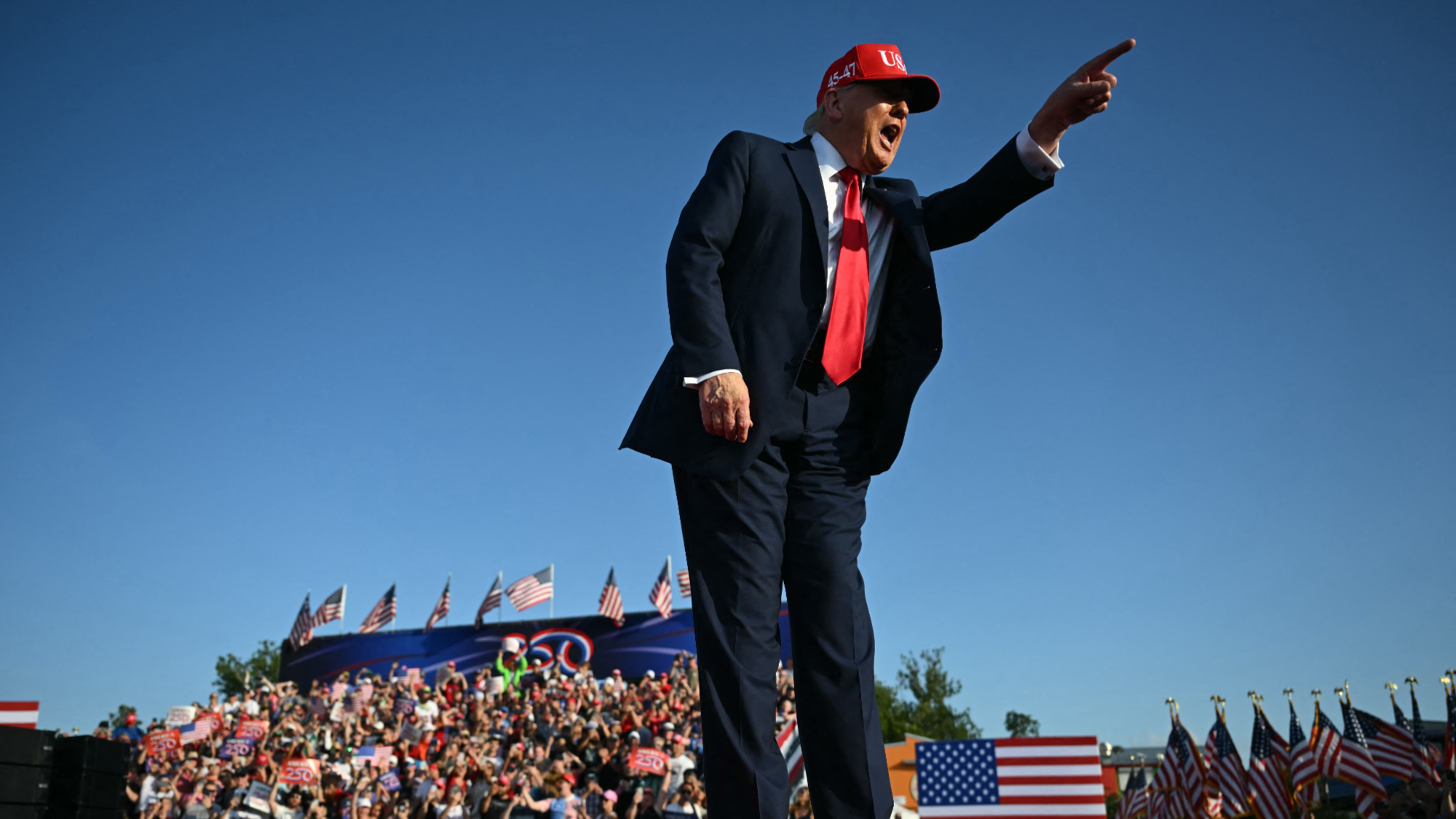
WASHINGTON - In a narrow and deeply partisan vote, US President Donald Trump's giant tax and spending plan, "One Big, Beautiful Bill," rocketed past in the House on Thursday.
The bill, which cleared the House by a 218-214 vote after Vice-President JD Vance broke a tie in the Senate on Tuesday, eliminates major clean energy incentives, including tax credits for electric vehicles (EVs) and home energy efficiency upgrades.
While the Senate ultimately dropped a last-minute excise tax on wind and solar -- a measure experts had warned would have been a "killer" for the industry -- the final bill still delivers a major blow to renewable energy. Under the bill, key tax incentives for wind, solar and other clean energy projects will be phased out by 2027, with tighter conditions imposed for those seeking to claim them.
READ MORE: Trump's ‘big, beautiful bill’ reveals divisions in Washington
"It came as a complete shock," said Jason Grumet, chief executive of the American Clean Power Association, which represents renewable energy producers.
The new tax "is so carelessly written and haphazardly drafted that the concern is it will create uncertainty and freeze the markets," Grumet was quoted by the New York Times as saying.
Grumet is among many industry analysts warning that the bill could deal a major blow to the US clean energy transition, undermining investment confidence, stalling innovation and jeopardizing long-term job growth in the sector.
For example, the American Clean Power Association called the legislation a "step backward for American energy policy," cautioning that it could eliminate jobs and drive up electricity costs.
According to projections from Energy Innovation and researchers at Wellesley College's Environmental Studies Department, the bill threatens 4,500 clean energy projects, puts hundreds of thousands of jobs at risk, and could add billions of dollars to Americans' annual energy bills within five years, Newsweek reported.
Meanwhile, electric vehicle makers also stand to lose. Before the bill's passage, new electric vehicles were eligible for a $7,500 federal tax credit, while used EVs could qualify for a credit of up to $4,000. Those incentives were originally designed to help make the vehicles more affordable.
The bill runs counter to global green transition efforts, dealing a blow not only to America's clean energy sector but to global sustainability at large. While domestic backlash has been swift, the bill is also raising concerns abroad, particularly over its potential to undermine international clean energy cooperation and climate commitments.
"Emissions will increase significantly," said Robbie Orvis, senior director of modeling and analysis at the climate policy think tank Energy Innovation.
"There will be less clean energy deployed, replaced by a mix of gas and coal in the power sector," Orvis was quoted by Scientific American as saying on Thursday, which noted that the United States (US) is the world's second-largest greenhouse gas emitter and the biggest historical contributor to climate change.
The broader implications of the bill have also sparked sharp criticism from environmental advocates.
READ MORE: US Senate advances Trump's major tax-cut, spending bill
"It's clear that this deeply unpopular bill favors burning more fossil fuels while ignoring the damage it will do to people's lives," said Joanna Slaney, vice-president for political and government affairs for the Environmental Defense Fund.
As the House now sends the bill to Trump's desk, environmental groups are turning their attention to the next stage of the fight.
"We know that in the fight for clean air and clean water and a healthy environment that we can't afford to stop fighting," David Shadburn, legislative director at the League of Conservation Voters, told Inside Climate News. "So we're going to keep doing that, and we know that the public is on our side."


